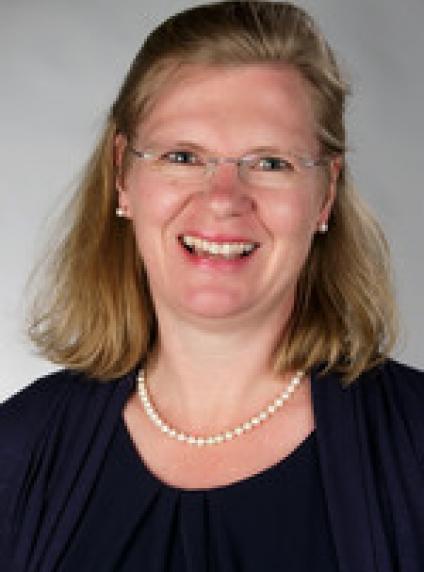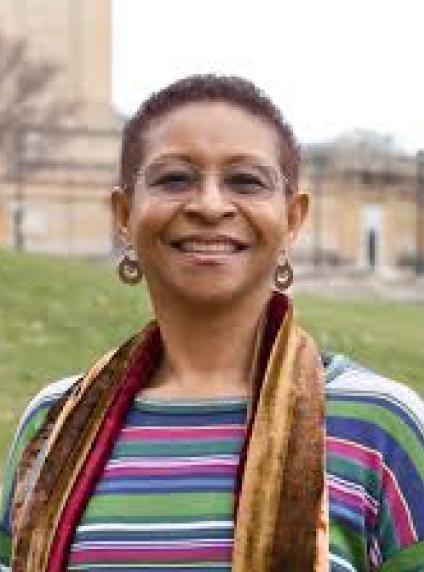Why is it important to discuss social inequalities today? The first and easiest answer would be because not only do they remain unresolved but are increasing every day. In fact, the 21st century has brought a resurgence of the unequal distribution of wealth. As the gap separating rich and poor continues to widen, so do the extent and dimensions from which it is studied. Gender, race, and ethnicity are now seen as critical variables in assessing social inequalities. However, how should social scientists address inequalities in order to effectively target these problems? In this episode, several scholars discuss this matter expanding the dialogues presented at this session of “At the Cutting Edges of Knowledge Production: Borders and Black Holes in Academic Dialogue”, an international conference held by CALAS, the German Federal Ministry of Education and Research (BMBF) and The Bielefeld University in late 2021.
Andreas Eckert is professor of African history at Humboldt University Berlin and, since 2009, Director of the Käte Hamburger Collegium “Work and Human Life Course in Global History” (re:work). He has published widely on modern African history, global labor history, slavery and colonialism. His recent publications include General History of Labour in Africa. Workers, Employers and Governments 20th-21st Centuries (Woodbrigde/Rochester 2019, ed. with Stefano Bellucci) and Geschichte der Sklaverei. Von der Antike bis zum 21. Jahrhundert (Munich: C.H. Beck, 2021).






